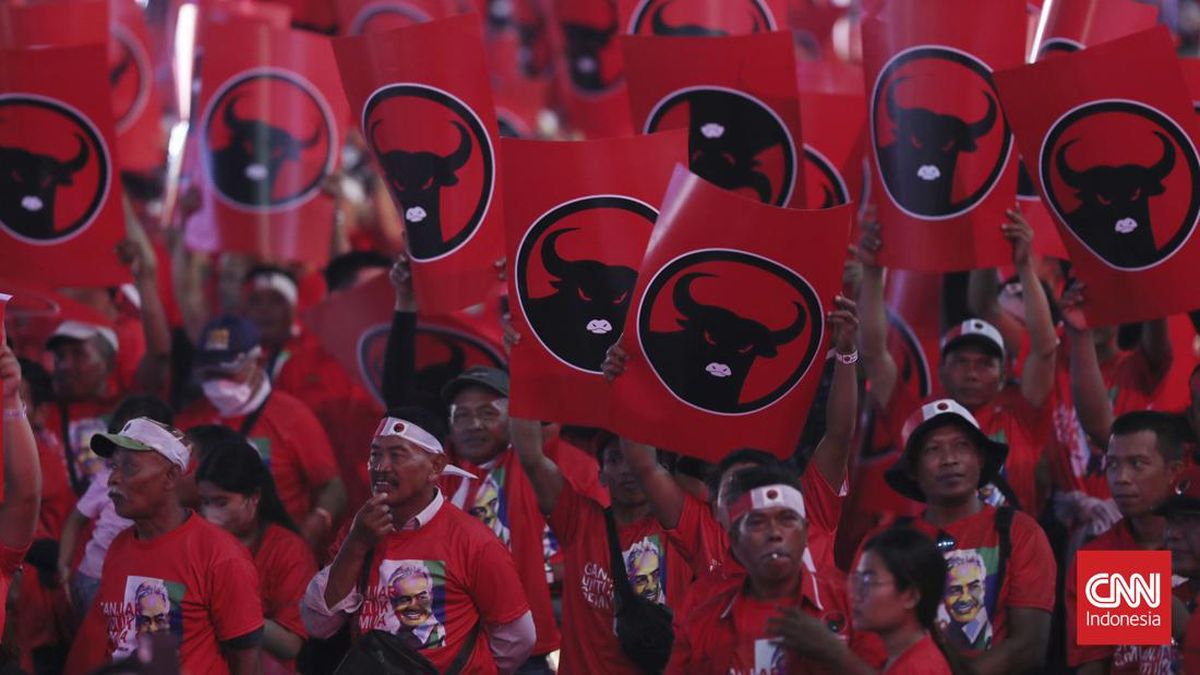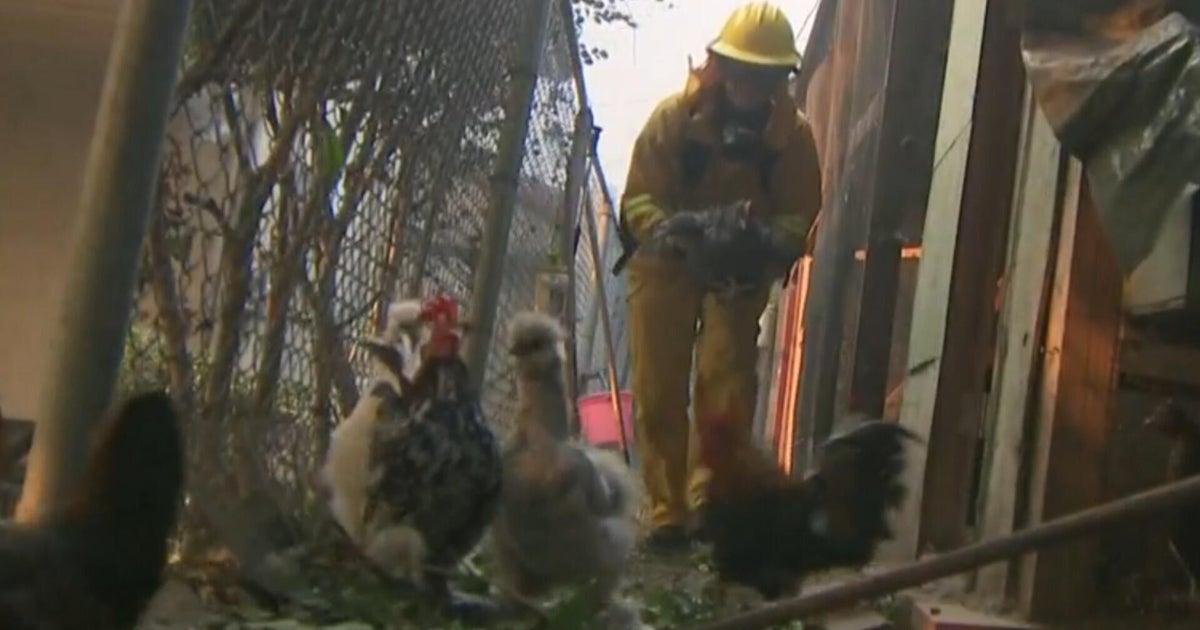Why are Australian rieslings so sour? I much prefer the German rieslings, which are fruitier.
—L.H., Cromer, NSW
There is a tradition in Australia of producing riesling as a dry wine, with between, say, one and five grams per litre of residual sugar. At this level, you don’t normally taste sweetness.
This tradition was probably driven by the wine-show system, in which sweeter white wines were penalised. Why? Probably because of a belief that sweetness can cover up any imperfections in the wine, such as a lack of fruit intensity.

However, most wine drinkers don’t like tart or acidic white wines (sour, to use your word), just as they don’t like a lot of tannin in red wines. Most people enjoy a soft or smooth wine.
It’s my own belief that the dryness and high acidity of traditional Australian rieslings is the main reason they have never been widely loved by the wine-drinking public. A bit of sweetness, or at least a low level of acidity, would make them more palatable to the majority of people.
Most wine drinkers enjoy a soft or smooth wine.
So it was pleasing to see an “off-dry” Tasmanian riesling – Devil’s Corner 2023 Resolution Riesling, a $40 wine – winning the trophy for the best riesling at the recent Sydney Royal Wine Show.
This award would normally go to a dry wine, but I think the Devil’s Corner would appeal to a lot more punters because it is a) very fragrant and b) not dry or austere. In other words, it’s more Germanic in style.
German rieslings, especially those from the coldest regions such as the Mosel Valley, are traditionally slightly sweet, to balance the high natural acidity of cold-climate grapes.
People vary widely in their perception of sweet and dry. An oft-quoted maxim of wine marketers is that people “talk dry but drink sweet”. In other words, they’ve heard that it’s more fashionable to drink dry wines, but most actually prefer some sweetness.
The biggest-selling, lower-priced wines, such as Yellow Tail and the cheaper New Zealand sauvignon blancs, often contain a subtle level of sweetness. What tastes sweet to an experienced taster might taste dry to an amateur.
Evidence of this is on the Devil’s Corner website, where one person commented that they liked this wine because it was dry!
Got a drinks question for Huon Hooke? [email protected]
The best recipes from Australia's leading chefs straight to your inbox.



















































